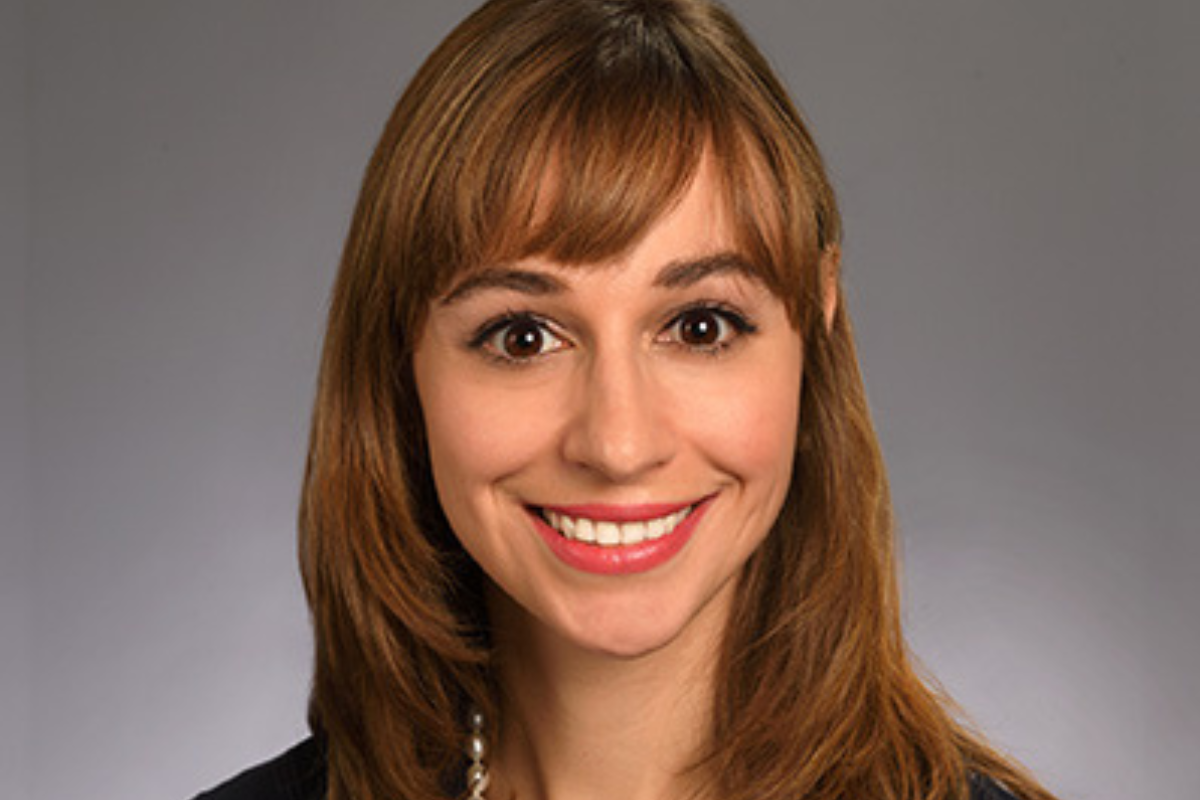Dr. Pamela Allen, associate professor, shares her perspective on what drives her professionally and personally.

May 23, 2025
Pamela Blair Allen, MD, MSc, is an associate professor in the Department of Hematology and Medical Oncology at Emory University School of Medicine. In addition, she is a physician and board-certified hematologist in the Bone Marrow and Stem Cell Transplant Center at Winship Cancer Institute of Emory University, caring for patients with hematological malignancies. An active member of several professional associations, Dr. Allen was recently appointed to the board of director of the United States Cutaneous Lymphoma Consortium, a society dedicated to improving the quality of life and prognosis of patients with cutaneous lymphoma.
Lymphomas are a diverse group of cancers, but one rare subtype—cutaneous T-cell lymphoma (CTCL)—poses unique challenges, particularly for Black patients, who experience higher rates of aggressive disease and poorer outcomes. Dr. Allen leads several initiatives to uncover the biological and clinical factors driving these disparities.
Dr. Allen’s work explores how staphylococcus aureus colonization, tumor genetics and immune system interactions contribute to disease progression. Through advanced genomic sequencing, microbiome analysis and patient-reported outcomes, her team identifies key factors that may influence treatment responses and survival. By better understanding these disparities, her team aims to develop immunologic treatments targeting key staphylococcal proteins to improve care for all patients with CTCL.
Recently, Dr. Allen shared her perspective on what drives her professionally and personally.
What is the most rewarding part of your career?
I have enjoyed watching the growth of our T-cell lymphoma program from a single physician (my mentor, Mary Jo Lechowicz, MD), to a growing multidisciplinary group including physicians across multiple specialties, basic and translational researchers, clinical research coordinators, trainees at multiple levels and even collaborators beyond Emory. As this program has grown, we have had an increasing impact on the field and seen our initiatives duplicated and spread among multiple programs across the country.
Can you share an example of where you've seen your research really benefit a patient?
I am often asked by my patients with cutaneous lymphomas who are Black if I have ever treated someone who looks like them. I make a concerted effort to describe, understand and validate their experience as much as possible. As a team, we’re working to better understand the delays in diagnosis and unique struggles these patients face. This has led our research in new and surprising directions as we seek to understand how differences in exposures and the cutaneous microbiome may dictate their disease course.
What are some major goals you’re working to accomplish this year?
This year, my goals focus on advancing research into racial disparities in cutaneous T-cell lymphoma (CTCL) through genomic, microbiome and clinical studies. I am expanding our multicenter CTCL consortium, increasing diverse patient enrollment and using sequencing to identify key biomarkers of disease progression. Additionally, I’m working to improve clinical trial diversity and generate preliminary data for future R01 grant applications. These efforts aim to drive more personalized and equitable treatments for CTCL and other lymphomas.
What do you enjoy doing in your free time when you're not at work?
In my free time I enjoy spending time with my family and our standard poodle, Bon Bon. In the winter, we enjoy traveling to ski. In the summer, I enjoy spending time in my garden and enjoying the fish in my koi pond.
What are you looking forward to this year?
I am looking forward to celebrating my 40th birthday with a big bash in Key West. I am also looking forward to hearing about my daughter's experiences as she returns from her study abroad program in Japan.

